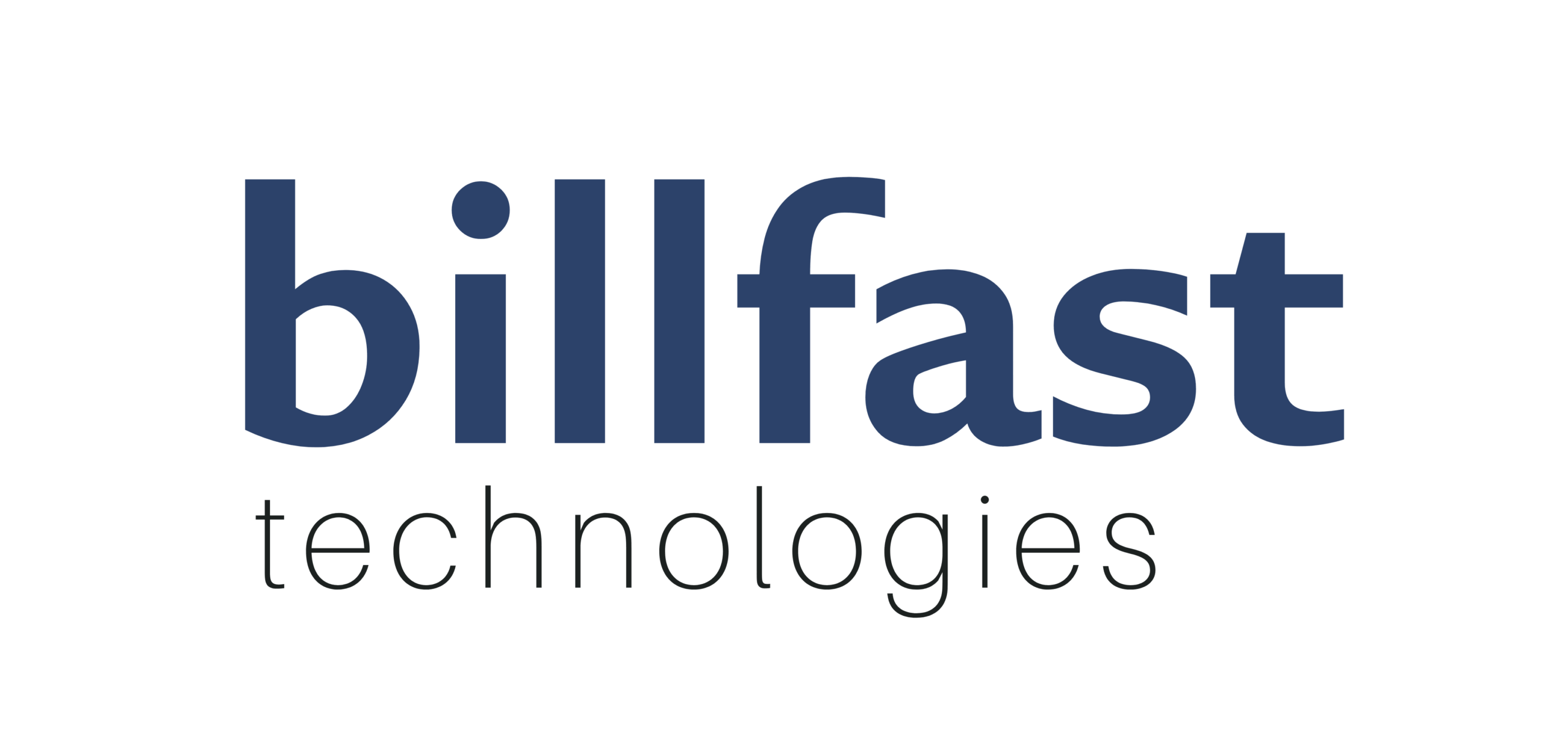The healthcare industry in the United States is highly dynamic, constantly evolving due to changes in policies and regulations. These regulations directly impact the way medical billing is handled, influencing everything from billing procedures to compliance requirements. For healthcare providers and medical billing companies alike, staying updated on these changes is crucial to ensuring efficient financial management and minimizing errors. In this article, we will explore how recent healthcare regulations have affected medical billing practices in the USA and the implications for healthcare providers and billing services.

The Shift to Value-Based Care
Recent healthcare reforms have seen a push towards value-based care (VBC) over the traditional fee-for-service (FFS) model. Under value-based care, healthcare providers are reimbursed based on patient outcomes rather than the number of services provided. While this shift is aimed at improving patient care and reducing costs, it poses several challenges for medical billing.
Medical billing companies need to adapt to this model by implementing new billing codes, such as those for bundled payments and outcomes-based billing. Accurate tracking of patient outcomes and coding these services properly are essential to avoid claim denials. Moreover, the shift to VBC requires healthcare providers and billers to be more engaged in patient care management and coordination.
Telehealth and Its Billing Complexities
The COVID-19 pandemic has dramatically increased the use of telehealth services. In response, new regulations have expanded telehealth coverage under Medicare and private insurance plans. While this has allowed for broader access to care, it has also introduced complexities in medical billing.
Telehealth services have unique billing codes and reimbursement rules that differ from in-person visits. Providers must be aware of these differences to ensure proper billing. Additionally, the use of telehealth varies by state, with each state imposing its own regulations and guidelines for coverage, coding, and reimbursement. Medical billers must navigate these regulatory variances to avoid denied claims.
ICD-10 Code Updates
The International Classification of Diseases (ICD-10) code system is a vital component of medical billing, allowing healthcare providers to accurately describe diagnoses and treatments. Every year, new codes are added, and existing ones are updated or revised, making it essential for billers to stay informed.
Recent updates to ICD-10 codes have introduced changes that directly affect reimbursement rates and coding accuracy. Incorrect or outdated codes can lead to claim denials, payment delays, or reduced reimbursements. Medical billing teams must invest in continuous education and coding updates to remain compliant with these new regulations.
Compliance with HIPAA and HITECH
The Health Insurance Portability and Accountability Act (HIPAA) and the Health Information Technology for Economic and Clinical Health (HITECH) Act set stringent guidelines for the protection of patient health information (PHI). Recent updates to these regulations have increased the focus on data privacy and cybersecurity.
For medical billing companies, this means ensuring that electronic health records (EHRs) and other patient information systems are secure and compliant with HIPAA and HITECH guidelines. Billing professionals must also be careful when transmitting sensitive data between healthcare providers and insurance companies to avoid breaches and non-compliance penalties.
The Role of Artificial Intelligence (AI) in Medical Billing
Advancements in technology have led to the integration of artificial intelligence (AI) in medical billing processes. AI helps automate billing tasks, including claim submissions, coding, and compliance checks. This not only reduces human error but also ensures compliance with the latest regulations.
For example, AI-driven systems can flag discrepancies in claims, identify coding errors, and ensure that claims are compliant with current regulations before submission. This has proven to be particularly helpful in dealing with the complex regulatory environment created by recent healthcare changes.
Medicare and Medicaid Billing Challenges
Changes in Medicare and Medicaid policies significantly impact medical billing practices. Recent regulatory updates have altered reimbursement rates, eligibility criteria, and coverage guidelines, which directly affect how providers bill for services.
For example, the expansion of Medicaid in certain states and changes to Medicare’s payment structures have introduced new requirements for claim submissions and eligibility verification. Billing teams need to stay up-to-date with these changes to avoid errors that could lead to claim rejections or underpayments. Medical billing services providers play a crucial role in helping healthcare practices navigate these changes by ensuring accurate claim submissions and compliance with the latest Medicare and Medicaid regulations.
Increased Scrutiny and Audits
As healthcare regulations tighten, there has been an increase in the number of audits and investigations into medical billing practices. The Centers for Medicare & Medicaid Services (CMS) and other regulatory bodies are conducting more frequent audits to identify fraudulent billing, overbilling, or non-compliance with regulations.
To protect against audits, medical billing companies must maintain thorough documentation, accurate coding, and consistent compliance with federal and state regulations. Billing teams must be prepared for audits and implement internal controls to detect and resolve billing errors before they escalate.
Conclusion
The landscape of medical billing in the USA is continuously evolving due to regulatory changes in healthcare. From the shift to value-based care to telehealth billing, compliance with HIPAA and HITECH, and the use of AI, these changes present both challenges and opportunities for medical billing companies and healthcare providers. To thrive in this environment, it is essential to stay updated on the latest regulations, adopt new technologies, and ensure compliance with evolving billing practices. By doing so, medical billing teams can improve accuracy, reduce claim denials, and maintain the financial health of healthcare providers.
For those navigating these changes, partnering with a reliable medical billing service, like Billfast, can help streamline processes and ensure compliance with the latest regulations.
For more information on how we can assist your practice with efficient and compliant billing solutions, visit our LinkedIn account for updates and insights.


